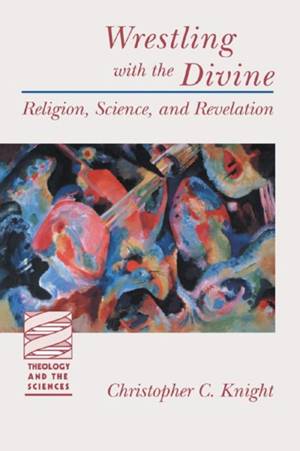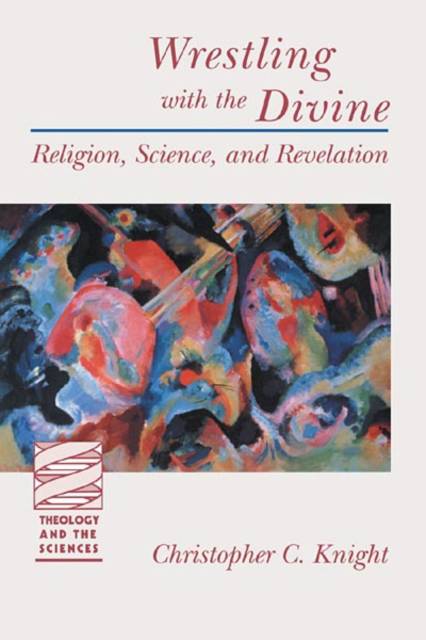
- Retrait gratuit dans votre magasin Club
- 7.000.000 titres dans notre catalogue
- Payer en toute sécurité
- Toujours un magasin près de chez vous
- Retrait gratuit dans votre magasin Club
- 7.000.0000 titres dans notre catalogue
- Payer en toute sécurité
- Toujours un magasin près de chez vous
32,45 €
+ 64 points
Description
Christopher Knight uses the notion of revelation to ask whether scientifically literate people need to be as simplistic in their religion as they are sophisticated in their science. Knight extends the dialogue begun in John Polkinghorne's and Arthur Peacocke's work to explore new possibilities. Their stress on natural processes as the form of divine immanence and the locus of divine action opens the way to Knight's rethinking the psychology of religious experience as a medium of divine revelation.
Spécifications
Parties prenantes
- Auteur(s) :
- Editeur:
Contenu
- Nombre de pages :
- 162
- Langue:
- Anglais
- Collection :
Caractéristiques
- EAN:
- 9780800632984
- Date de parution :
- 01-05-01
- Format:
- Livre broché
- Format numérique:
- Trade paperback (VS)
- Dimensions :
- 153 mm x 229 mm
- Poids :
- 254 g

Les avis
Nous publions uniquement les avis qui respectent les conditions requises. Consultez nos conditions pour les avis.






